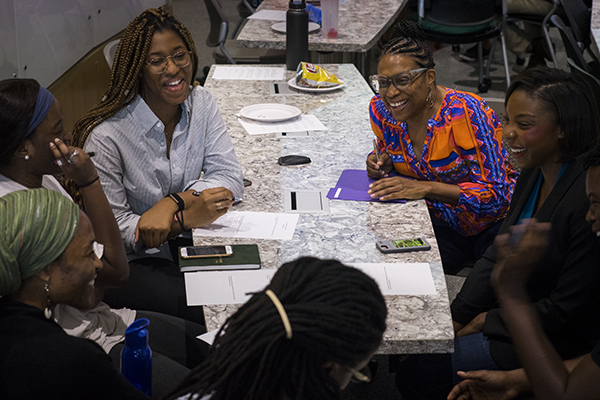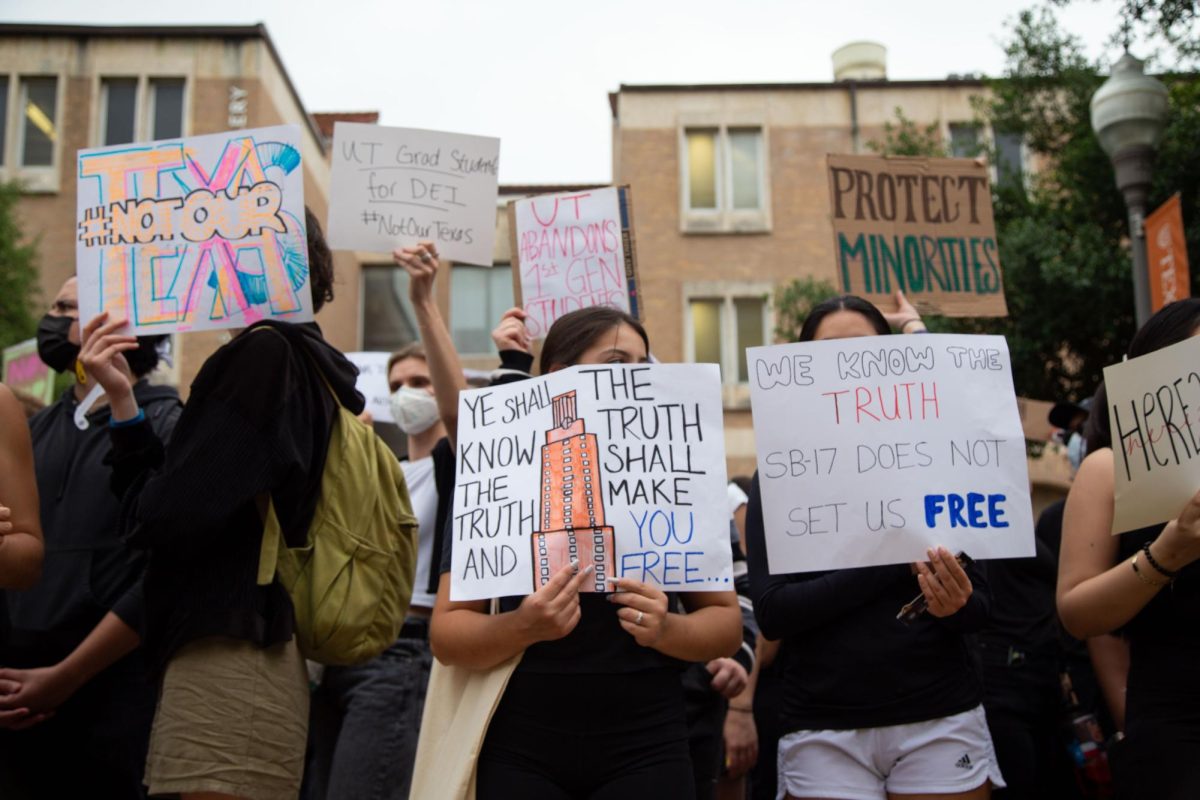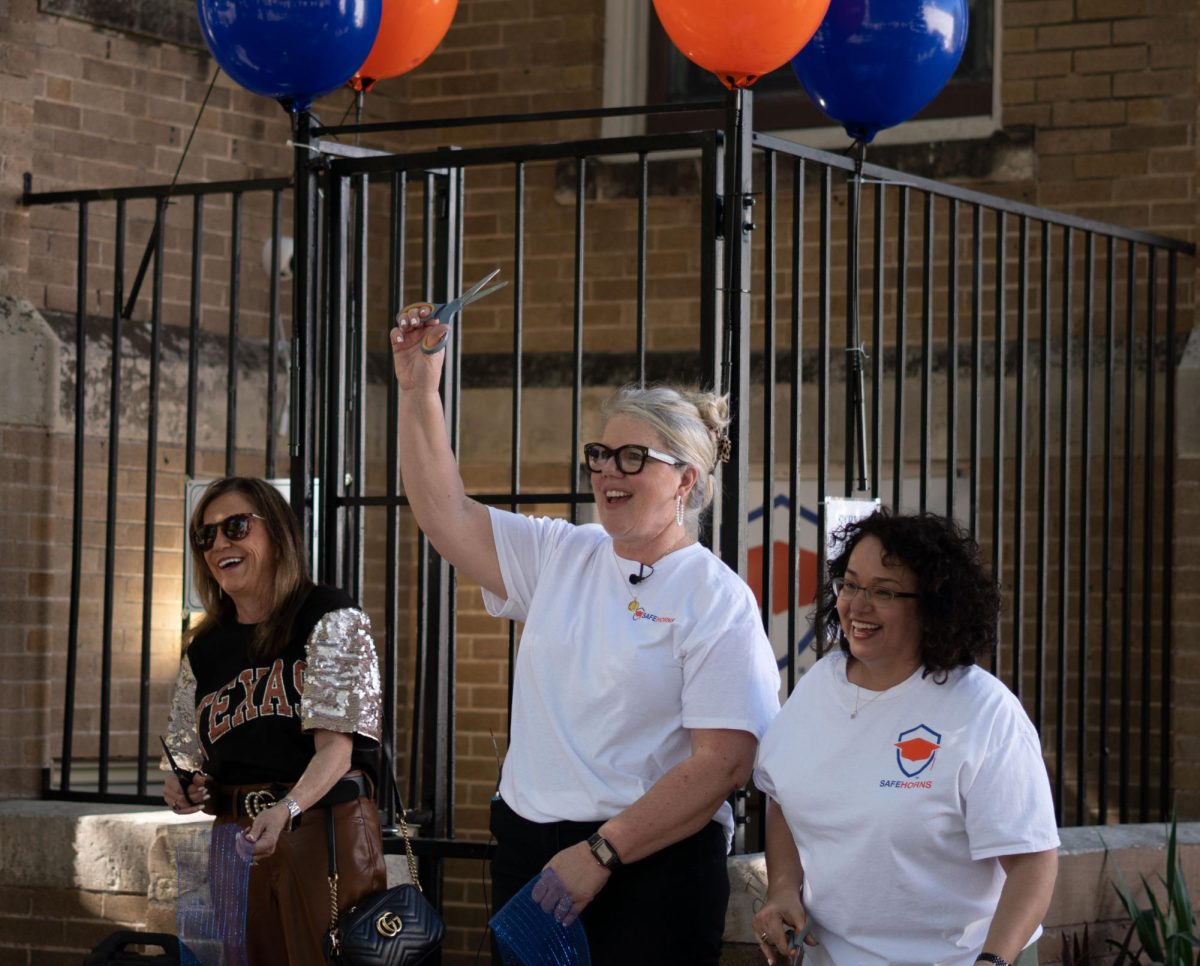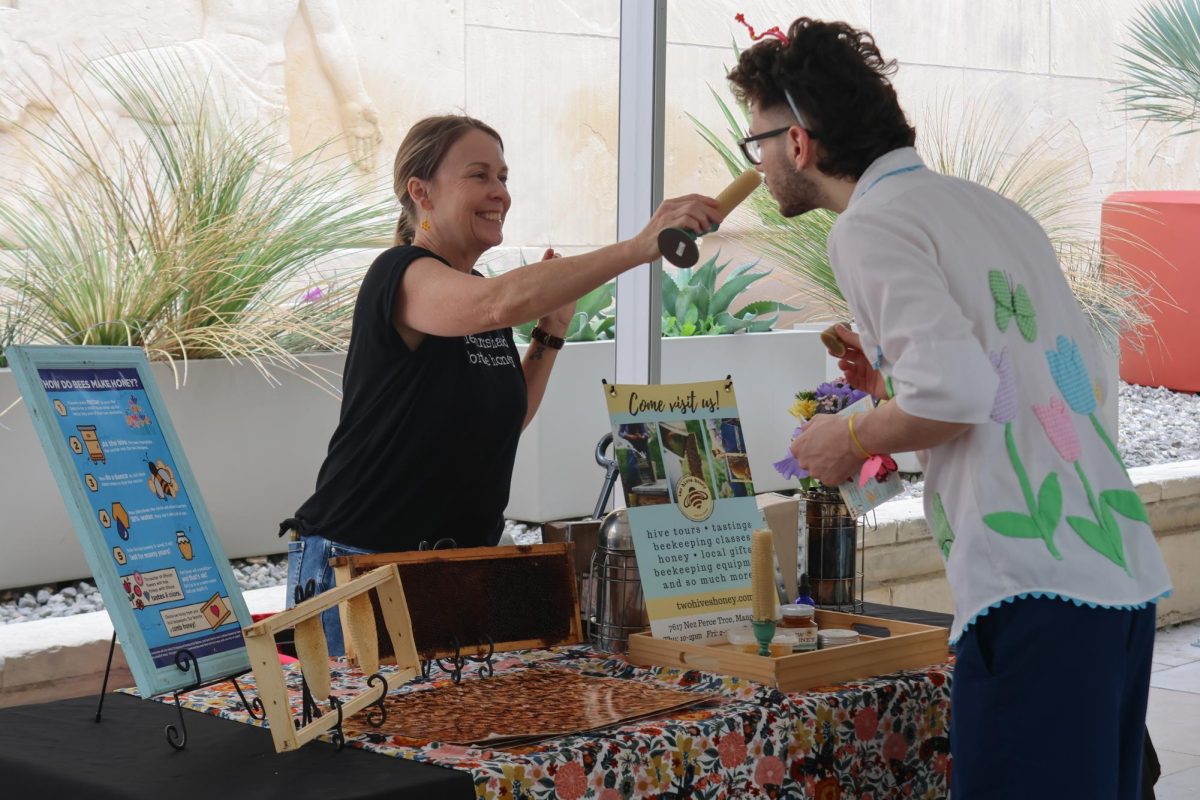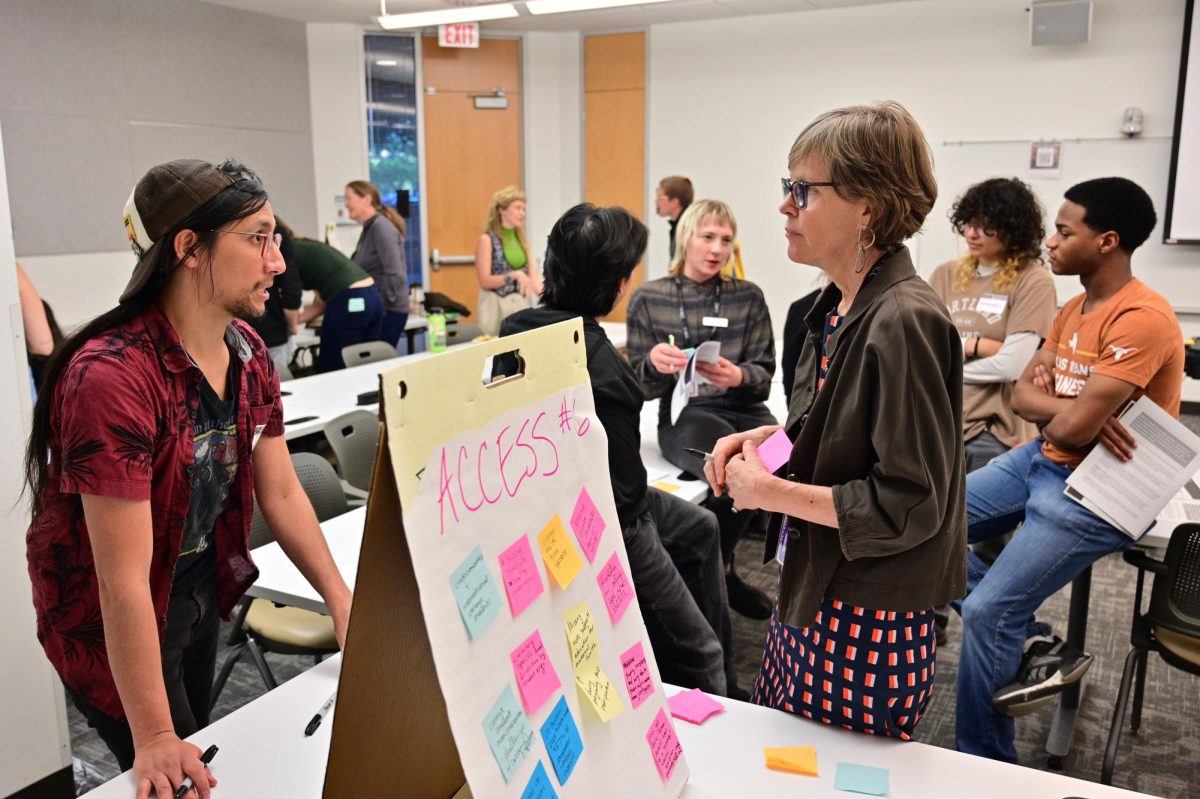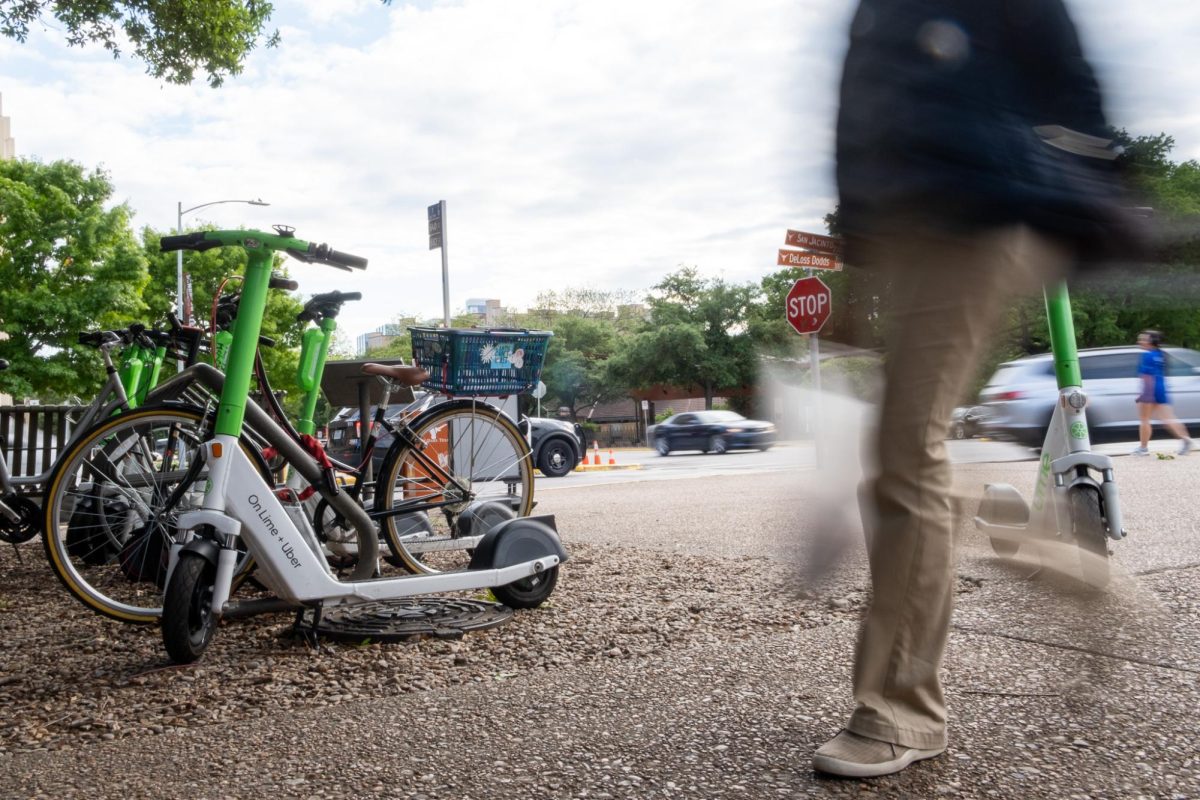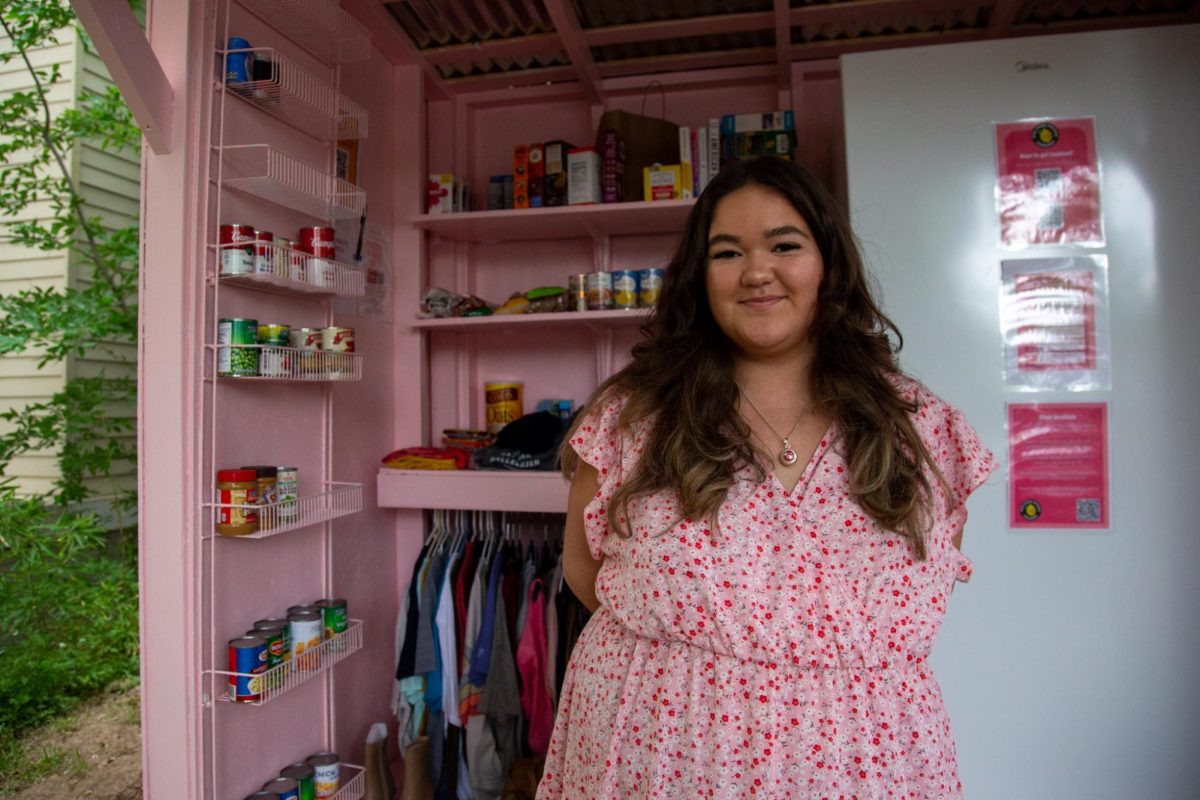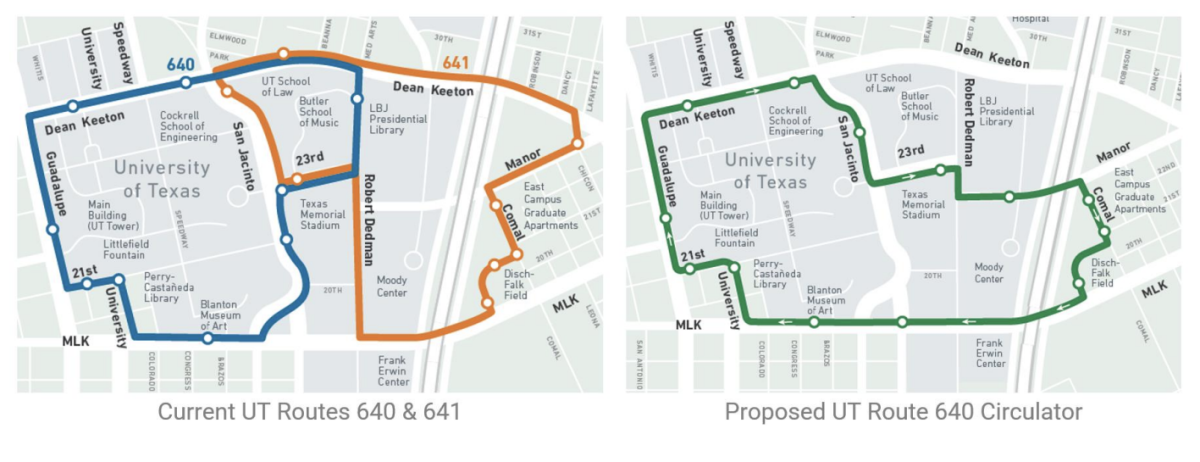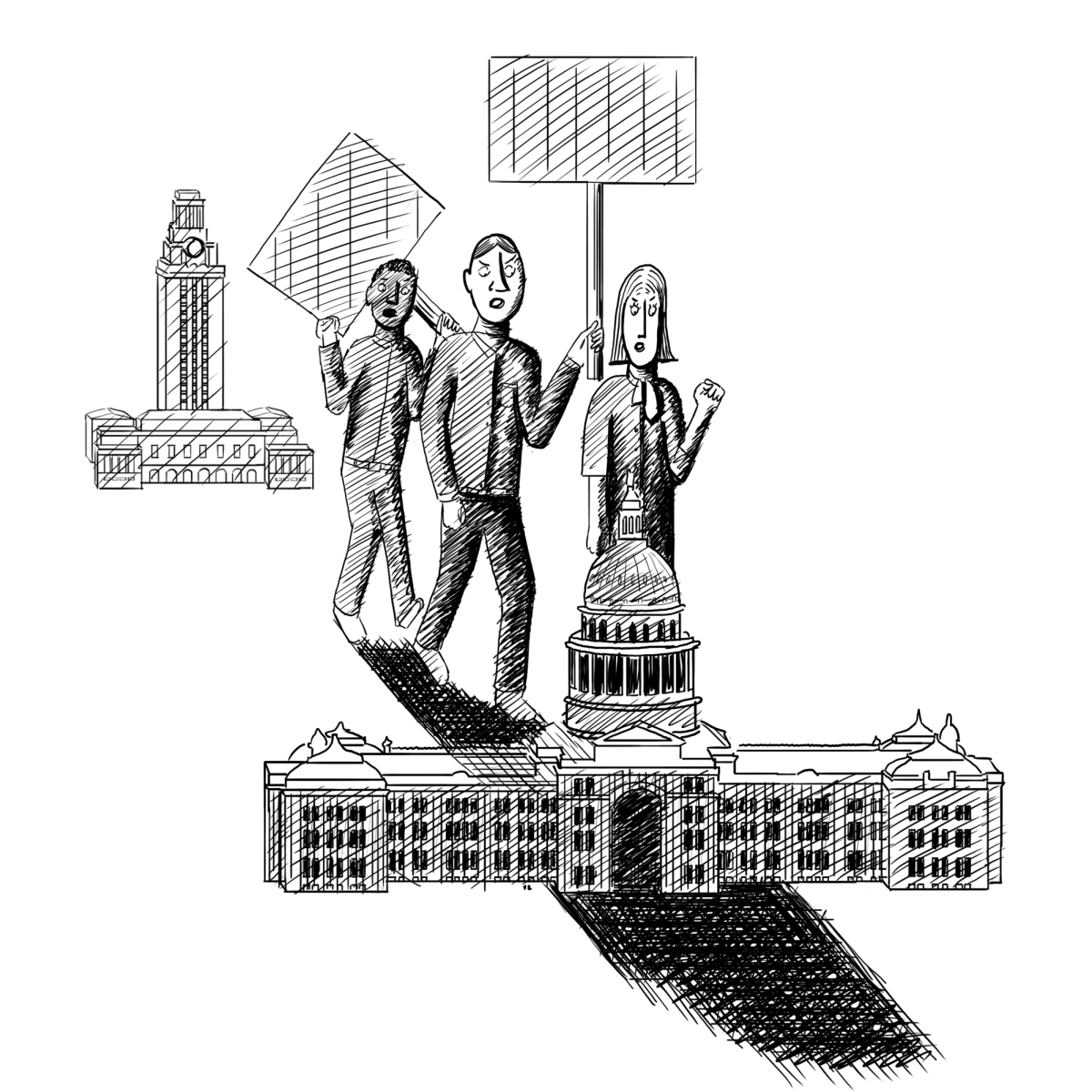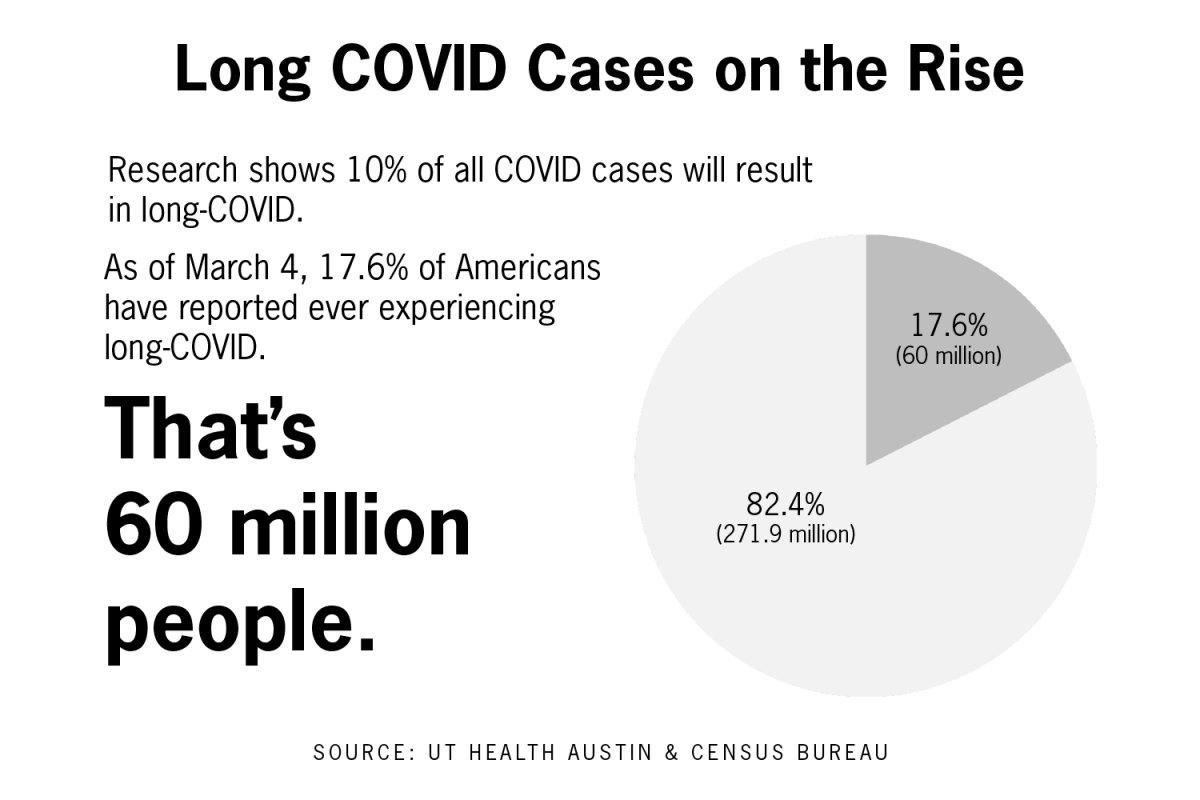There is an undeniable link between racial inequities and health status, experts said at a panel on black health hosted by the Dell Medical School on Thursday.
Around 40 professionals, Dell Medical students and community members shared perspectives on the strengths and struggles of the black community while proposing ideas to address health and social inequities in Central Texas.
“This panel is special because it gives the mic to the people who live here,” event coordinator Ricardo Garay said. “We are here to stir a conversation and to educate others.”
Thursday’s panel was one of five hosted by the Dell Medical School’s Department of Population Health and grassroots leaders from its Community Strategy Team to discuss social and health issues such as gentrification, language disparity and LGBTQ health.
Garay said the black health panel was meant to educate future medical professionals on different perspectives and issues in order to help them provide better health care.
Before the panel discussion began, a presentation highlighted the history of the U.S. and its relationship to the black community, touching on issues such as slavery, lynching and the civil rights movement.
“Austin, Texas, is the most racist place I've lived,” said panelist Charlotte Caples, the owner and CEO of a consulting business that promotes racial equity. “We don’t really talk about it, but we have to address it if we are even gonna start talking about health care.”
Throughout history and today, African Americans have the highest incidence and/or death rate in several categories, and health outcomes are primarily determined by factors that occur outside of the medical care setting, said panelist Marva Overton, the executive director of the Alliance for African American Health in Central Texas.
Panelist Sharon Ellerby, who volunteers with the Alliance for African American Health, said she has seen the effects of the health care system on herself and her family firsthand. She said when it comes to nutrition and the quality of care at a free clinic versus one that requires insurance, socioeconomic factors can directly affect one’s health.
“It’s heartbreaking to realize that we can’t afford the healthy foods we need,” Ellerby said. “But you can certainly go down the store and get candy, soda and chips.”
Odera Okafor, a student at the Dell Medical School, said she attended the panel to learn more about racial and economic disparities in the community, which she said are important to understand as a future health care professional.
“There’s so much implicit biases … that affect the way we treat people in on a daily basis and as a health care professional,” Okafor said. “Being conscientious of that is how we can fix the problem.”



